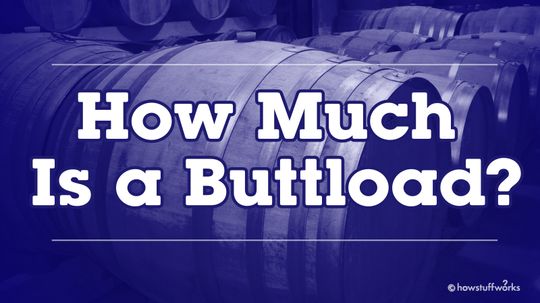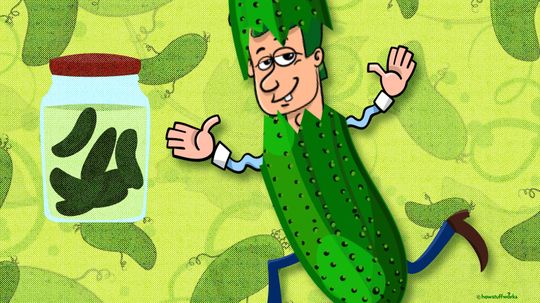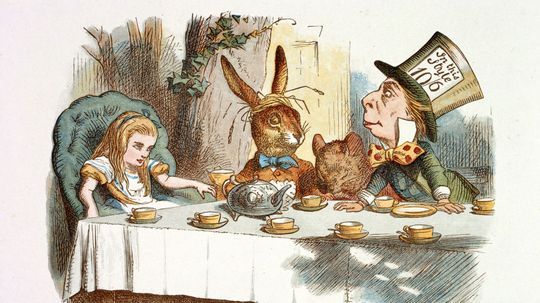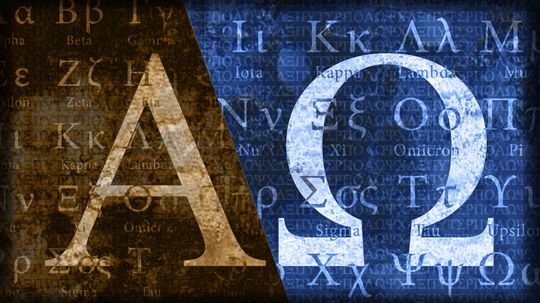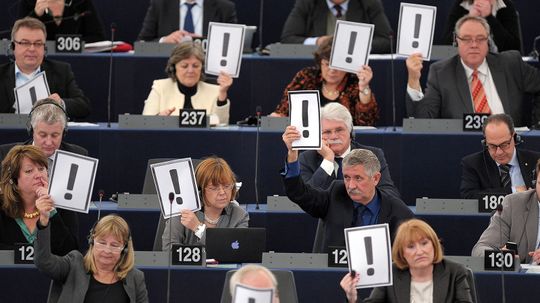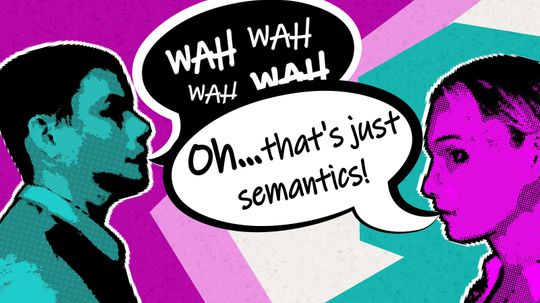Grammar, Punctuation & Phrases
A collection of answers to grammar, spelling and punctuation questions, plus explanations on the origins of popular phrases.

Inside LA's Forest Lawn, Where the Biggest Celebrities Rest in Peace

Is Human Composting the Greenest Burial Option?

What's With Germany's Strict Burial Regulations?

Unleashing Majestic Power: Exploring the Symbolism of Lion Tattoos
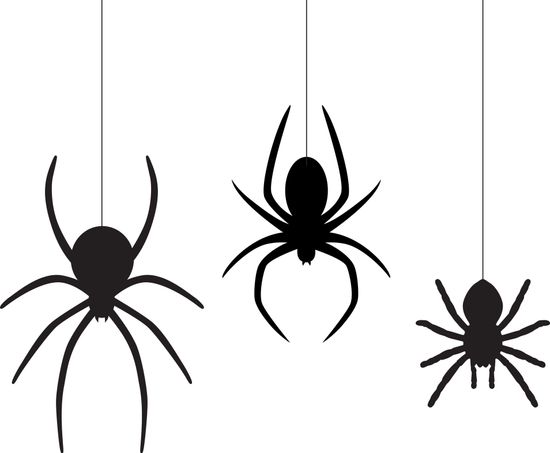
Unveiling the Profound Symbolism of Spider Tattoos
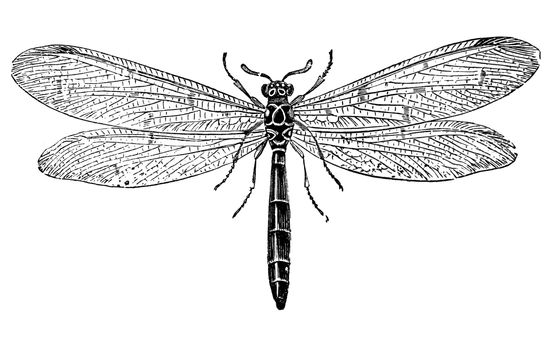
Unraveling the Symbolic Tapestry of Dragonfly Tattoos: Meanings, Designs, and Transformative Power

The 10 Weirdest Foods in the World Have Us Struggling to Finish Lunch

13 Indian Festivals That Celebrate Life, Love and Renewal

10 Japanese Festivals With Distinctly Different Vibes

12 Weird Words That Don't Always Mean What They Used To

5 Types of Communication You Didn't Know You're Using

The Most Common Words in English Aren't Nouns or Verbs

Why Do Kids Say '6 7'? What Does '6 7' Actually Mean?
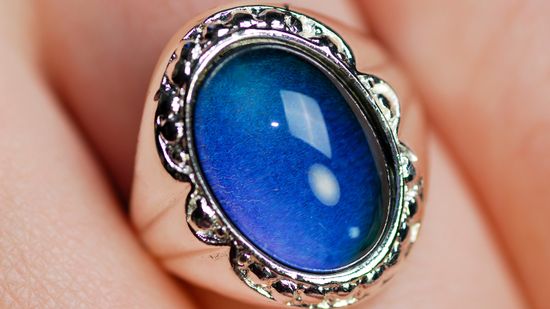
What's the Science Behind Mood Rings?

10 Things We Love to Hate About the '70s and '80s

5 Family Traditions for New Babies

5 Family Anniversary Traditions

5 Family Traditions for Daughters

13 Types of Dragons Humans Have Dreamt Up Over Millennia

Foo Dog: A Mythical Mix of Lion and Chow Chow

Are Black Magic Spells Powerful? The Truth Behind Their Strength

20 Old Money Last Names That Scream Aristocracy

20 Most Common Surnames in the U.S. (and What They Mean)

What Are the Most and Least Popular Birthdays in the U.S.?

90s Slang You Don't See Anywhere but TikTok Anymore

7 Gen Z Characteristics to Help You Understand Zoomers

10 Millennial Characteristics to Decode a Generation

Russian Christmas Traditions: Jan. 7, Nativity Fast (Not Feast!) and More

Origins of Santa Claus: A Turkish Saint and American Poetry

The Origins of Christmas and a Roman Sun God's Birthday

Mexico's Flag Represents Ancient History and Everlasting Hope

5 Black-Red-Yellow Flag Designs Around the World

Which Blue and White Flag Is That? 9 Possibilities

How to Tell If She’s Cheating: Common Clues and Behaviors

Signs She’s Not in Love with You – She’s Just Playing Along

7 Signs He Likes You More Than Just a Friend

Why Do We Say 'Amen'?

The Origins of Yoga: Spirituality, Meditation, and Wholeness

Origins of Hinduism and a Constantly Evolving Religion

5 Most Bike-friendly Cities in the U.S.

The Zizians: A Strange and Dangerous Techno-Cult

How Synanon Went From Rehab Philosophy to Violent Cult

Quiz: Finish That Jingle!
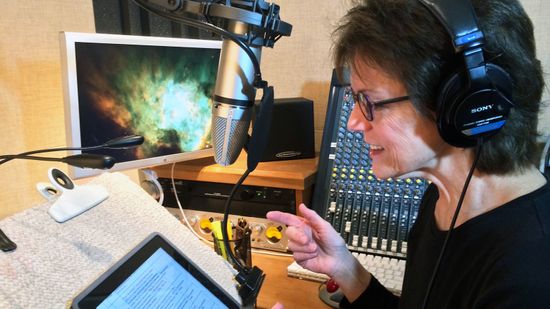
How One Woman Unexpectedly Became the Voice of Siri
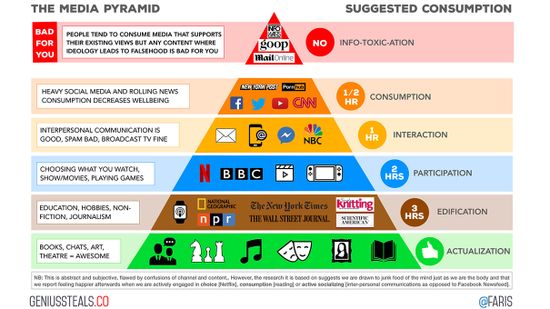
There's a Healthier Way to Consume Your Media
Learn More / Page 2
You've surely heard it in the movies even if you've never used it. So who came up with the phonetic alphabet and why is it used?
Whether these people knew it or not, their famous last words made a real statement. How many can you figure out?
By Alia Hoyt
You might think it's supercalifragilisticexpialidocious. But you're wrong. And anyway, that's a song, not a word.
Advertisement
Some words are extra important. Enter capitalization, the perfect way to show just why such words are special. How adept are you at knowing what to capitalize? Take this quiz and find out!
By Alia Hoyt
Some words, like "cat" or "dog" are easy enough to spell. Others, however, cause quite the spelling frakas. Or is it fracas? Take the quiz to determine your spelling IQ!
By Alia Hoyt
It takes a lot of brass to pull off chutzpah successfully. What does the word mean and what separates it from mere impudence?
By Dave Roos
Ever heard anyone say, "He swears like a sailor"? Why do sailors get singled out for being extra-profane? Because there's a long, colorful history behind it.
By Dave Roos
Advertisement
President-elect Joe Biden has pretty much made 'malarkey' a household word, so we thought we'd do some research into its origin story.
The Latin language may be dead, but this phrase, which originated 2,000 years ago, is still used in legal and financial docs. So what does it mean?
If you've ever expressed the charming idea that you have a buttload of something - a buttload of laundry to do, a buttload of tacos to eat - you may have wondered what the measure of a buttload actually is and where the phrase came from.
Ever found yourself in a pickle and wondered, "Hey, why the heck do we call it a pickle?" Let's see if we can swim through the brine and find out.
Advertisement
The phrase (which means to ride in the front passenger seat of the car) seems like it might have come about during the Wild West. But it actually took a detour through Hollywood.
From the worlds of politics, professional baseball and old-time boxing came a term still in use today to describe someone who has a left-handed predilection.
You didn't ask for a cigar. Maybe you don't even like them. So why is someone abruptly denying you one?
'Take it with a grain of salt' means to be skeptical about something. But where does the phrase come from?
Advertisement
The @ sign is so much a part of the internet that it may surprise you to know it's been around for at least 1,500 years.
By Dave Roos
The Mad Hatter makes quite an impression in the 'Alice in Wonderland' books and movies. But the expression 'mad as a hatter' actually predates this character. So, where did the term come from?
Punctuation can really make or break a sentence. Test your knowledge of basic (and not-so-basic) punctuation conventions by taking this quiz!
By Alia Hoyt
We all learned about grammar in grade school, but some of us retained the knowledge better than others. Test your knowledge of the finer points of English with our quiz.
By Alia Hoyt
Advertisement
If someone calls your tastes 'bourgeois,' should you thank them or shake a fist? You might have to check first with Moliere, Marx or Migos to be sure.
By Dave Roos
The Hindu religion considers cows holy. But that's certainly not why we utter the expression. So what's the story behind it?
Even if you hardly know your beta from your zeta, chances are you've used Greek letters at some point in your life. What are they, and why are they so common?
By Alia Hoyt
Does anyone really know the difference between an alligator and a crocodile? Or a hurricane and a cyclone? You're about to learn with the answers to this quiz!
By Alia Hoyt
Advertisement
Once this skinny mark of excitement was mainly the provenance of excited teenage girls and inexperienced novelists. But now we're all peppering our sentences with exclamation marks. Is this a good thing?
In our modern vernacular, the phrase "that's just semantics" has somehow become shorthand to insinuate the speaker has argued something trivial or unimportant. But what does it really mean?









